The Agriculture sector in Indonesia
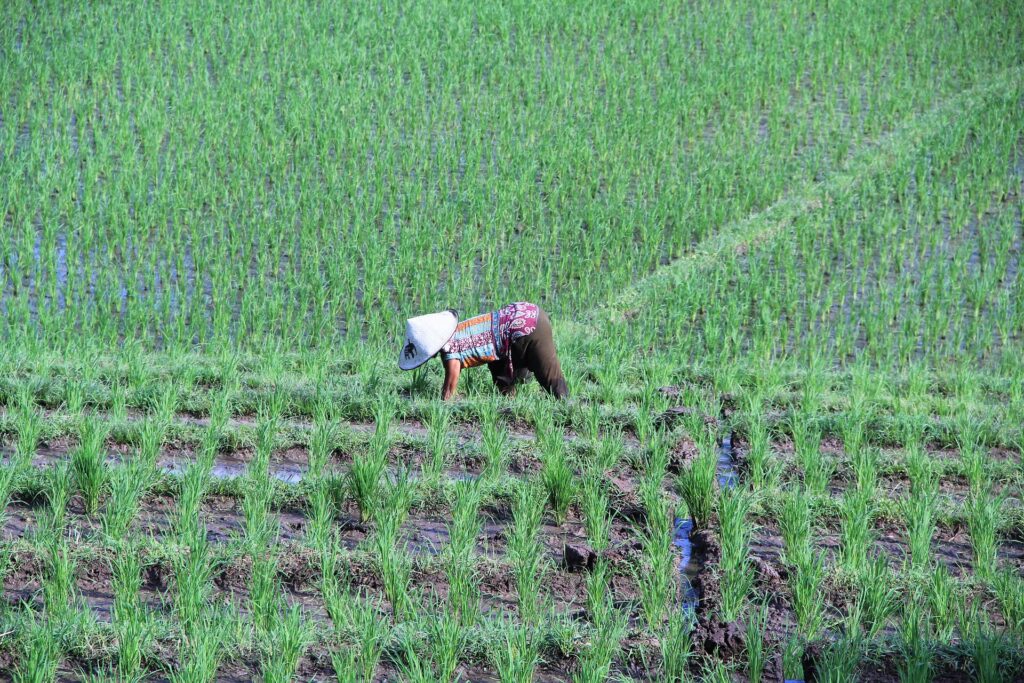
Agriculture is a vital sector of the Indonesian economy, employing millions of people and contributing significantly to the country’s gross domestic product (GDP). Indonesia is the world’s fourth-largest producer of palm oil, the world’s fifth-largest producer of coffee, and the world’s tenth-largest producer of rice. In addition, Indonesia is also a significant producer of cocoa, rubber, and spices.
The Defense sector in Indonesia

The defence industry is a significant contributor to Indonesia’s economy and plays a critical role in safeguarding the country’s sovereignty. Indonesia’s strategic location in Southeast Asia makes it vulnerable to a variety of security threats such as piracy, terrorism, and territorial disputes.
The Healthcare sector in Indonesia

The healthcare sector in Indonesia has undergone significant growth and transformation in recent years. The country has made strides in improving access to healthcare, reducing maternal and child mortality rates, and combating infectious diseases.
The Technology sector in Indonesia

Indonesia is a country with a rapidly growing economy and a significant presence in the technology sector. The country’s tech industry has grown significantly in recent years, driven by factors such as a young population, increasing internet penetration, and a supportive government policy.
The Retail sector in Indonesia
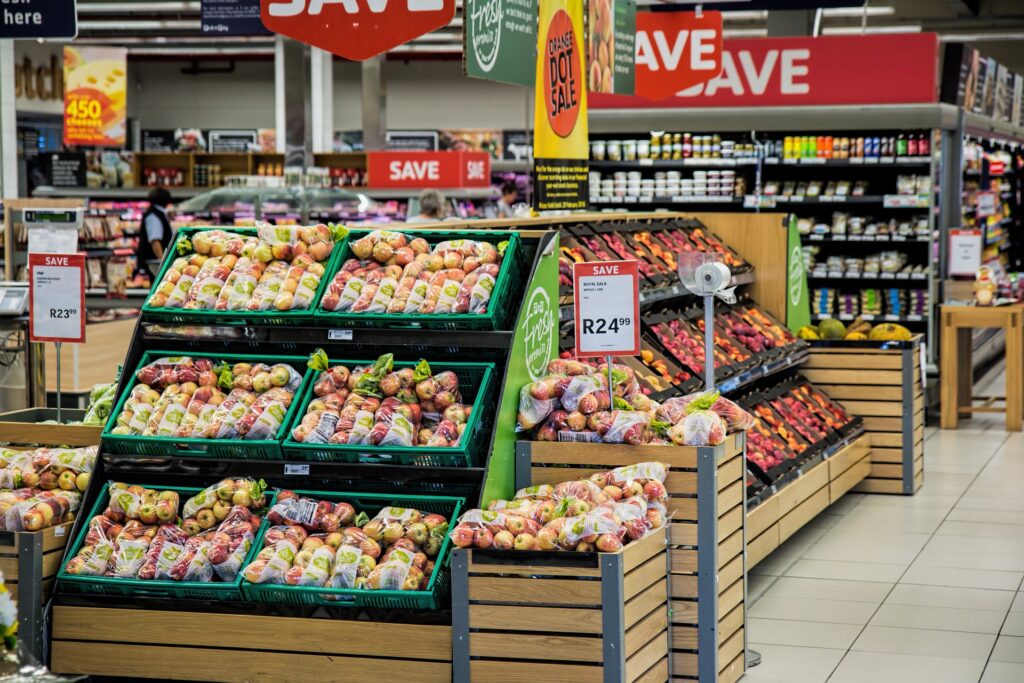
The retail industry in Indonesia is diverse and fragmented, ranging from traditional markets and small shops to modern hypermarkets and online retailers. The industry is dominated by domestic players, but international retailers are increasingly entering the market to capitalize on the country’s growing middle class and rising consumer spending.
The Nonprofit sector in Indonesia

The nonprofit sector in Indonesia plays a crucial role in addressing social and environmental challenges in the country. Nonprofit organizations, also known as non-governmental organizations (NGOs), operate in a wide range of areas, including health, education, environment, human rights, and poverty reduction.
The Logistic sector in Indonesia

Logistics plays a vital role in the growth and development of Indonesia’s economy. With its archipelagic nature and scattered islands, efficient logistics are necessary to connect various regions and ensure the smooth transportation of goods.
The Heavy industry in Indonesia
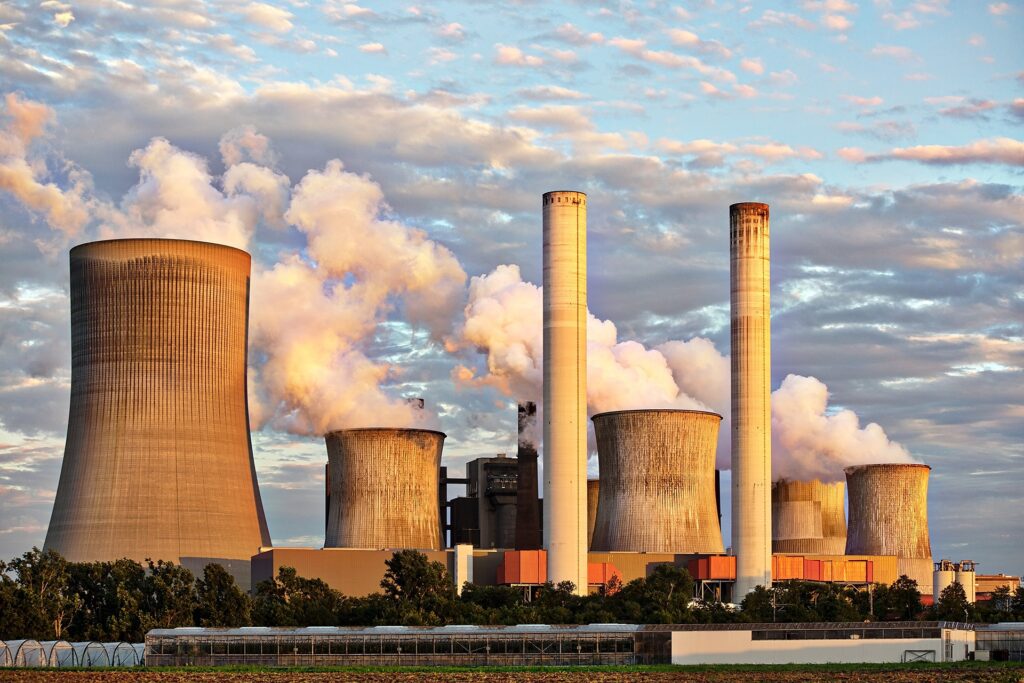
Indonesia’s heavy industry sector plays a vital role in the country’s economy. The sector consists of various segments such as construction, infrastructure, mining, and manufacturing, which contribute significantly to the country’s Gross Domestic Product (GDP) and provide employment opportunities.
The Food and Beverage sector in Indonesia
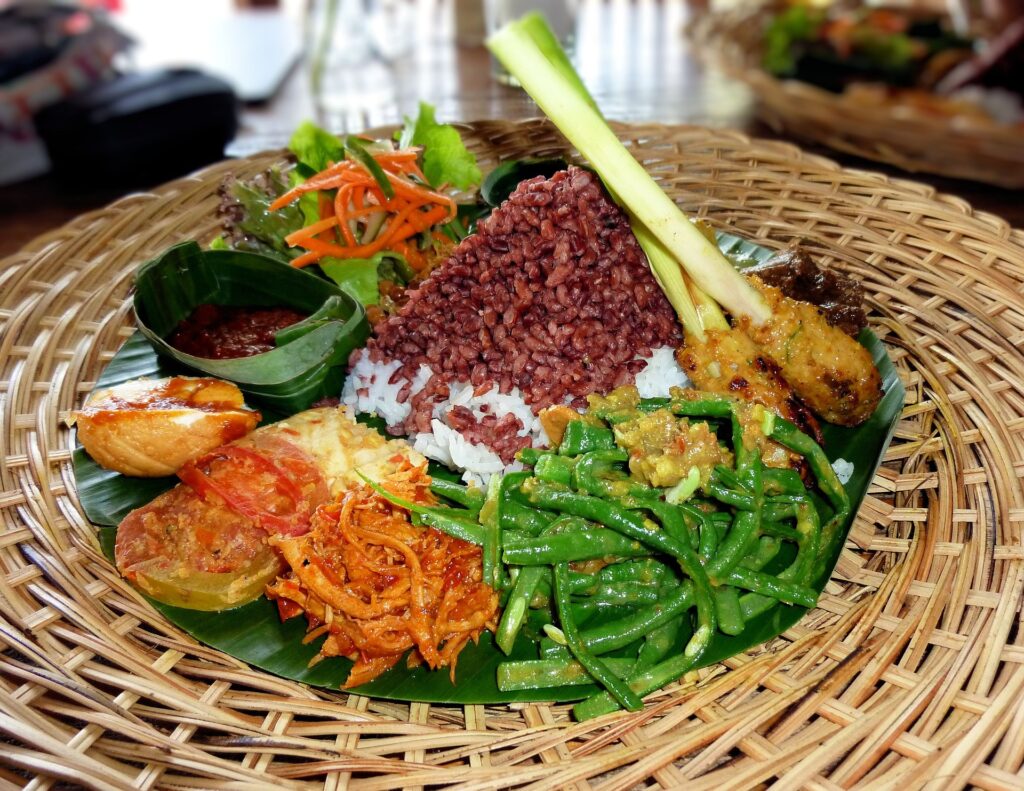
The food and beverage sector is an integral part of Indonesia’s economy. The sector contributes around 7% of Indonesia’s GDP and employs around 10 million people. Indonesia has a large domestic market, which makes it an attractive destination for both local and foreign investors.
The Finance sector in Indonesia
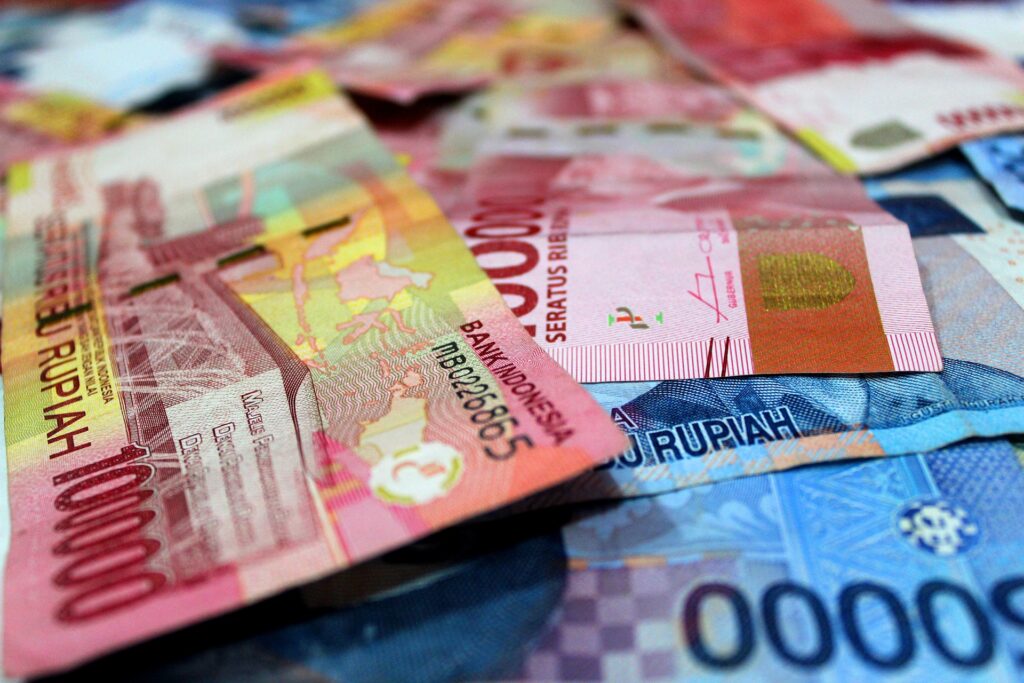
Indonesia’s financial sector has undergone significant changes and growth over the past decade. With a population of over 270 million people, the country has a large and growing middle class, which is driving demand for financial services.
